Scott Morrison undermined by trouble on the home front
Time is running out for Scott Morrison and he knows it. Trouble in the Liberals’ NSW branch is brewing with the division paralysed by internal disunity.
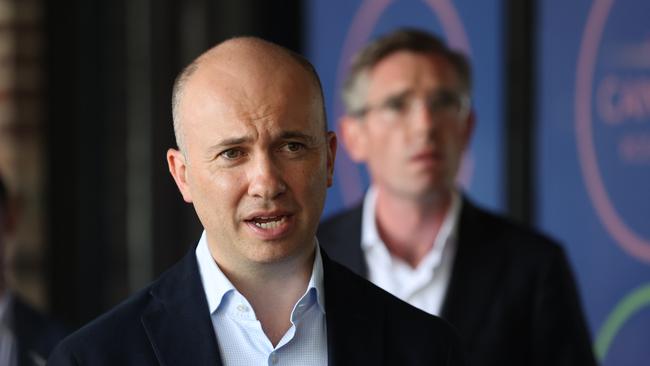
The Coalition is behind Labor, 56-44 per cent, according to Newspoll, and Anthony Albanese is just two points behind as preferred PM, apparently without having to do much.
Morrison remains on the back foot over his government’s handling of the Covid-19 pandemic, and still battles his image as an out-of-touch PM from the pre-pandemic bushfires.
An attempted reset when Morrison addressed the National Press Club this week fell flat, not helped by the exquisitely timed release of some embarrassing text messages.
Could it get any worse? Well, it could, because Morrison’s potentially worst problem has been staring at him in the face for months – in his own backyard – as the NSW division of the Liberal Party has been paralysed by internal disunity.
Morrison is set to call the election in eight weeks – just days after the March 29 federal budget – and yet his party’s largest branch in his home state is mired in factional squabbles and looks ill-prepared. The ruling state executive is a shambles, as senior NSW Liberals concede.
The spectacle of delayed preselections and factional players pushing candidates in defiance of the federal party leader is not uncommon – as John Howard and Tony Abbott could attest. Abbott arguably lost the 2010 election because of a few extra seats his dysfunctional NSW party branch could not pick up because it did not have candidates in time. The then NSW party president, Nick Campbell, quit several weeks before the election was called.
But this time, the number of NSW seats with no endorsed Liberal candidate so late in the election cycle is exceptional. Candidates are still to be chosen in eight NSW seats. Once chosen, the newbies will have little time to campaign, giving Labor a good head start.
The outcome in some of these marginal seats – Parramatta, Dobell, Macarthur, Eden-Monaro, Hughes, Greenway, Warringah and Bennelong (the only one currently in Liberal hands) – could prove most significant in determining the election result.
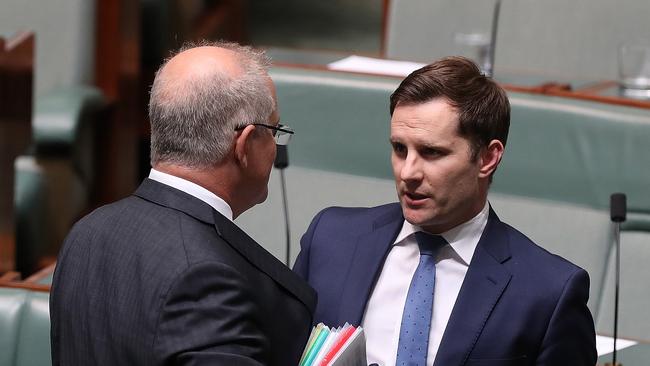
The Coalition’s parliamentary majority is so slim that Morrison cannot afford to lose any seats in NSW. Indeed, he needs to win extra NSW seats to offset anticipated losses: possibly two in Queensland, two in Western Australia and one or more in Victoria and Tasmania.
Meanwhile, there is uncertainty in a further three NSW seats over the endorsement of sitting Liberal MPs, who face preselection challenges because opposing factional warriors have decided to disregard their standing in the government, and Morrison’s wishes, by running candidates against them.
A late move to install Morrison ministers Alex Hawke (Mitchell) and Sussan Ley (Farrer), and backbencher Trent Zimmerman (North Sydney), without a ballot of local party members was blocked by a vote of the NSW Liberals’ state executive. Unless there is further intervention – Morrison has hinted at a possible federal takeover of the NSW party – then the fallout could be ugly.
Acknowledging dysfunction, senior party insiders claim the factions have been too busy fighting each other in a self-interested quest to install their own candidates to notice Morrison’s government is fighting for its political life. That is, if they care.
Morrison has copped much blame for the mess, surprising in one sense because of his experience as NSW party director before entering parliament. In recent days the blame has shifted more squarely to Morrison’s key political ally, Hawke, who leads the Centre-Right faction with his mate Campbell.
Hawke has had plenty of opportunity, it is argued, to act in the party’s best interests by getting preselections settled. All the more so because he sits on the NSW Liberals’ state executive as the PM’s representative. “He doesn’t mince words about who he represents,” said one party member.
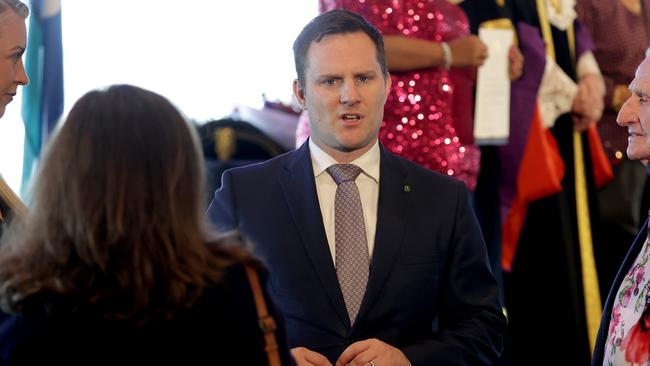
Most critically, Hawke is one of four NSW party figures required to attend vetting committee meetings in the nomination review process for every candidate. The other three are state party president Philip Ruddock, state director Chris Stone and the federal conference chair for each seat.
Hawke allegedly has missed numerous meetings. He is busy but his critics have privately accused him of deliberately stalling the process in a quest to install candidates he and Morrison want in key seats. Why stall? As in past years, the closer it gets to an election, the stronger the argument for using the NSW executive’s emergency powers to impose candidates without a ballot. It is like a game of chicken: which faction will blink first, agreeing to a deal?
The current obstacle – some would say virtue – is a rule introduced under Abbott’s party democratisation reforms: the 25-member state executive must agree on preselections by a 90 per cent majority. The rule’s objective is to stop an abuse of emergency powers, encourage agreement and maximise support. A potential downside is that decisions can be blocked by just three votes on the executive.
The NSW Liberals’ main factions are the Right, led by NSW Premier Dominic Perrottet, and the Left, led by Perrottet’s Treasurer, Matt Kean. The Right and Left are roughly even in numbers and have reached workable deals on various issues in recent times. But Hawke’s smaller Centre-Right group often spats with the Left and Right. Its position in the middle makes it influential.
A further complication is that the Right is split, as a tiny group loyal to disaffected NSW senator Concetta Fierravanti-Wells goes its own way. If this group musters just three votes it can stop the executive from installing candidates, which has happened.
Fierravanti-Wells is known to be unhappy because Morrison did not give her a ministry when he took over from Malcolm Turnbull, and she has been bumped down the NSW Liberals’ Senate ticket to an unwinnable spot. Fierravanti-Wells has been very vocal in advocating preselection ballots in which party members get a say, while the Left, Right and Centre-Right have kept pushing for party-imposed candidates.
The Liberals in Victoria have been quick to sort out preselections. Morrison had a legitimate reason to keep NSW preselections open last year because he wanted strong candidates for winnable seats.
He sounded out former NSW premiers Gladys Berejiklian and Mike Baird for Abbott’s former seat of Warringah as the best bet to defeat sitting independent Zali Steggall, only to find them not interested.
But in other seats, his critics claim, Morrison has been complicit with Hawke in deliberately delaying normal preselections in the hope that more of their Centre-Right candidates can be crunched into seats by party intervention when it becomes too late for local ballots. A year ago, this ploy looked feasible when Morrison was faring better. Now it is too late.
Hawke has received much blame inside the Liberals because his record as a ruthless factional game player dates back to when he was a staffer to former NSW Right powerbroker David Clarke, then switched sides, eventually forming the Centre-Right.
There are three ways the NSW Liberals’ debacle can play out. First, the state executive can appease its increasingly agitated party grassroots membership by calling local preselections. The difficulty is whether sufficient time remains for nominations and ballots.
Second, the state executive can impose candidates, which is problematic. One such move has just failed and there is a threat of legal action by one executive member, strong Fierravanti-Wells supporter Matthew Camenzuli, and possibly others, if preselection ballots were dumped.
The third option, floated by Morrison, is federal intervention to protect the three sitting MPs facing challenges, and settle the other eight. This “nuclear” option is not without risk because of possible court challenges.
When Morrison vented his frustration on 2GB radio this week at the “childish games” being played in the NSW Liberal Party, critics suggested he should look in the mirror. But Morrison’s words looked more like a cry for help: he cannot afford internal disunity to continue.


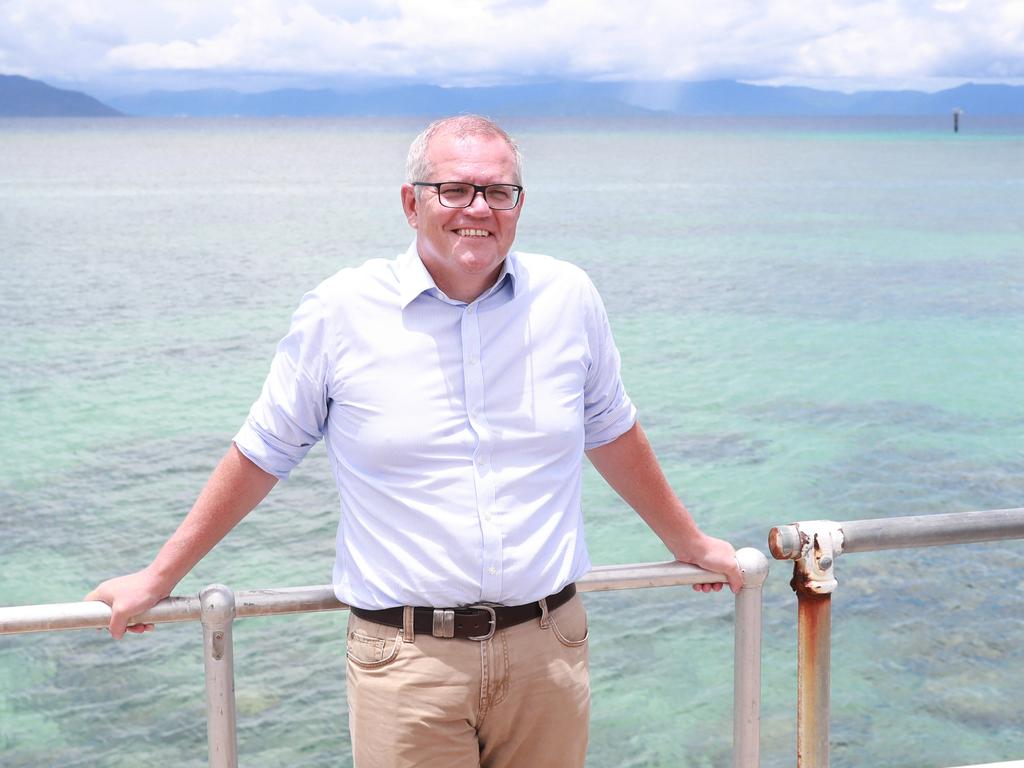
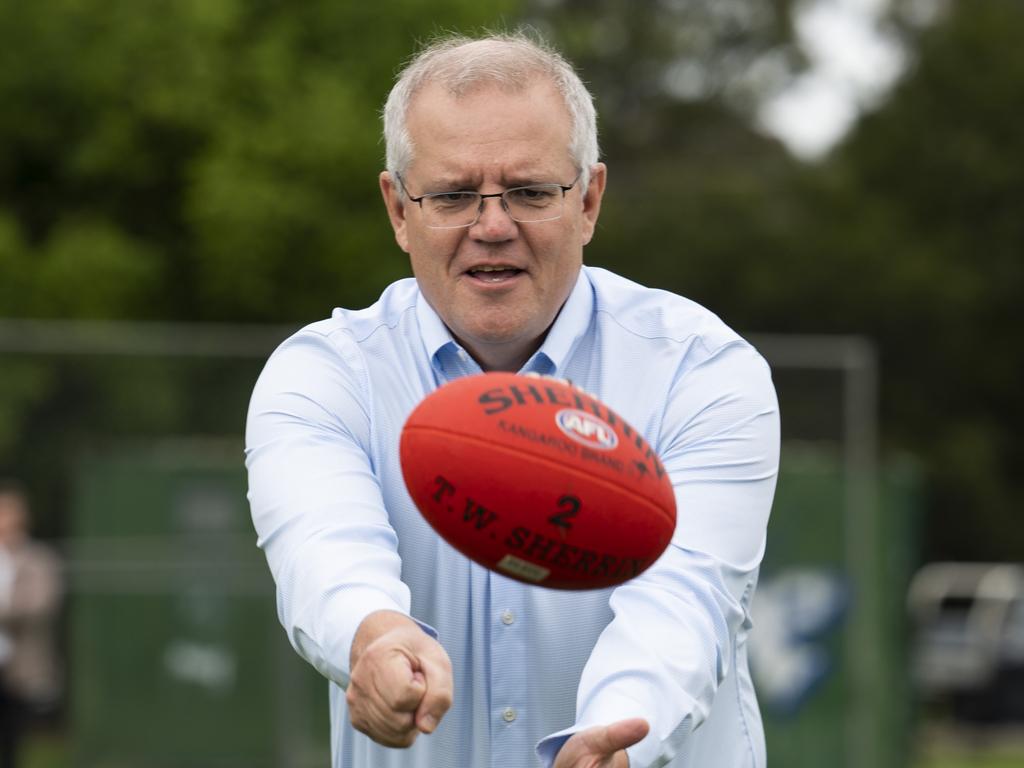
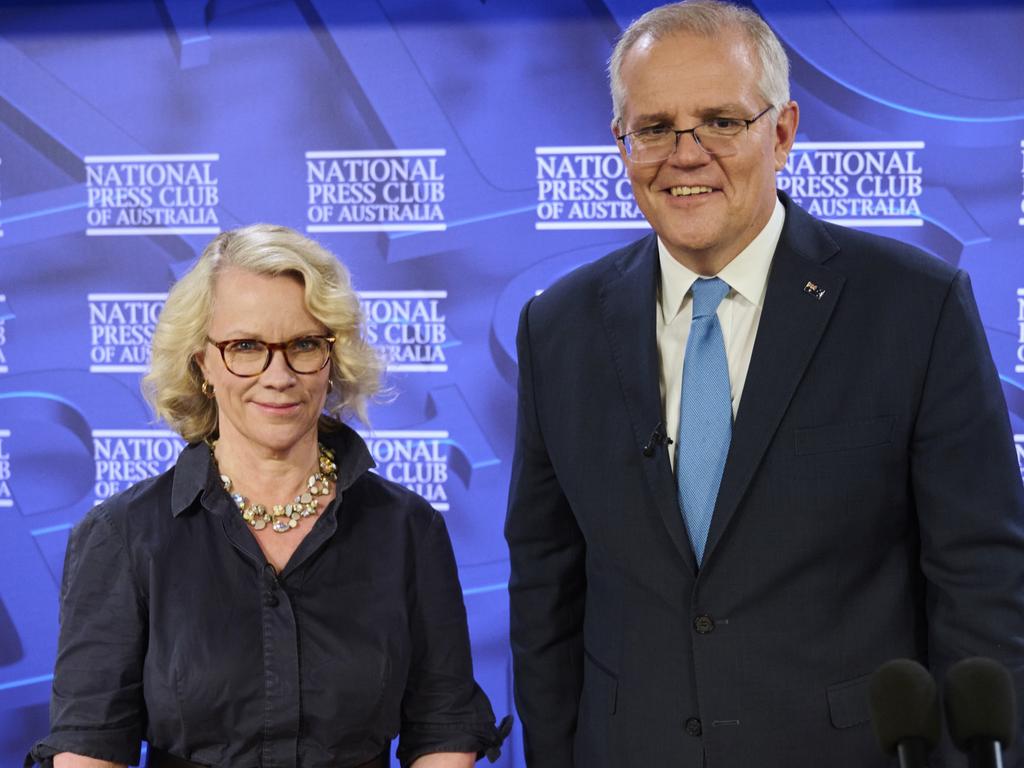


Time is running out for Scott Morrison and he knows it. Barely 3 and a half months before he faces voters at a federal election in May, the Prime Minister’s stocks are low.